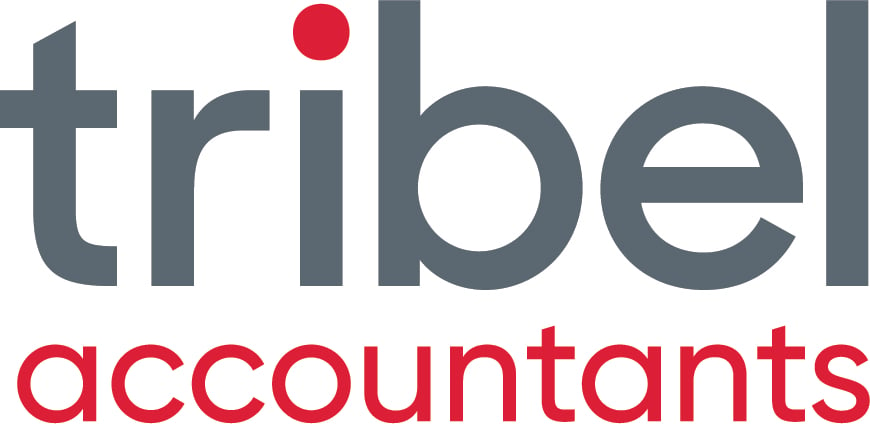INTRODUCTION:
These days as more infrastructure is required with limited space, it's not uncommon for businesses to be compulsory acquired by the government. Whether it's for new highways or airports or some other reason, being compulsory acquired can be a daunting prospect. Unfortunately though the result is rarely like The Castle where the acquisition is denied to the government. Worse still, it's not the gravy train that you might expect, particularly where the process can mean your business being compensated in two ways by having to relocate (through lost profits) or on the basis of 'extinguishment' meaning that it cannot be moved to another location so it's as if the government is 'buying' the business.
We have acted for businesses that have been in this situation and having to ensure that the business owner is fairly compensated. This will involve going through the business valuation process.
What should you do if you find yourself in this situation?

Figure 1: Infrastructure could lead to a compulsory acquisition of your business.
1. get a legal compulsory acquisition specialist
Just like The Castle, having an experienced legal representative who deals with compulsory acquisitions regularly is highly recommended as Denis Denuto discovered.
Generally, legal, accounting and business valuation advice will be covered by the government.
2. take the option of getting independent advice (paid by the government)
Usually your business will be approached by a representative of the government who will ask for various pieces of information so that they can make you an offer for your business.
Always take the option of getting a second opinion by an independent expert which will be paid by the government in most cases.
The reason for this is that mistakes can be made and naturally the government will be trying to save the taxpayer as much money as possible by offering you the minimum it possibly can.
Sadly, some business owners are quick to take whatever is offered as they keen to settle and receive the proceeds in a timely manner. This could mean they receive hundreds of thousands of dollars less than they could have despite being advised by the government that they are entitled to independent advice. Typically seeking advice can extend the process by approximately 6 months but it can also achieve in some cases a dramatically different outcome.
Most small business accountants will advise their clients to take the option of getting a second opinion.
If there is a dispute between the government's advisers and your advisers, the Valuer General can come in to provide an additional opinion which is binding on the government (in NSW) if you accept it. Otherwise, it will be off to court.

Figure 2: Think before you accept any offer. Get independent business valuations.
3. get an experienced business valuer
An experienced business valuer will ensure that your business is fairly valued and that any opposing value on the other side is challenged where the business valuation is 'low balled' due to assumptions and other characteristics.
Experienced business valuers Sydney will ensure that up to date figures are taken into account and that any assumptions made are reasonable when the opposing valuation is assessed. They will also ensure that they get all relevant information from your small business accountant to look under every nook and cranny which will improve your asking price.
4. extinguishment or relocation?
If your business has location goodwill, it's very important that you don't just accept a relocation compensation for lost profits over a period of time required to relocate. This can get down to providing evidence that there is little option moving to a location within a few kilometres (speak to commercial property agents and ask for their advice). Accepting that your business can be relocated can mean that you receive substantially less and the affect on your business can be actually terminal. If your business can be relocated, ensure that your business valuer takes everything into account and the real impact on your business over this time during relocation including customer disruption, lost profits, lost revenue, loss of market share, the cost to relocate etc. It's all about seeking and giving evidence in writing to get you the most compensation you possibly can.
5. understand your business strengths
Just like if you were to sell your business, make sure your business valuers point out all business strengths as this will improve your argument for higher compensation. Challenge any business weaknesses made by the other side.
6. Capital gains tax considerations
Ensure you speak to your small business accountant about any tax ramifications as a result of any compulsory acquisition as usually there will be capital gains tax and even income tax considerations. The ATO does provide some rollover concessions for a compulsory acquisition so make sure you understand these as well as any potential small business CGT concessions (if applicable) before you agree to any compensation.
CONCLUSION:
Being compulsory acquired does not always end up happily like in The Castle. We have managed to get businesses substantially higher results due to understanding the compulsory acquisition and business valuation process. Whilst the government will make you well aware of your rights, it is recommended that you seek independent advice.
Failure to do so could be financially catastrophic.


.png?width=100&height=100&name=COVID_Safe_Badge_Digital%20(002).png)



